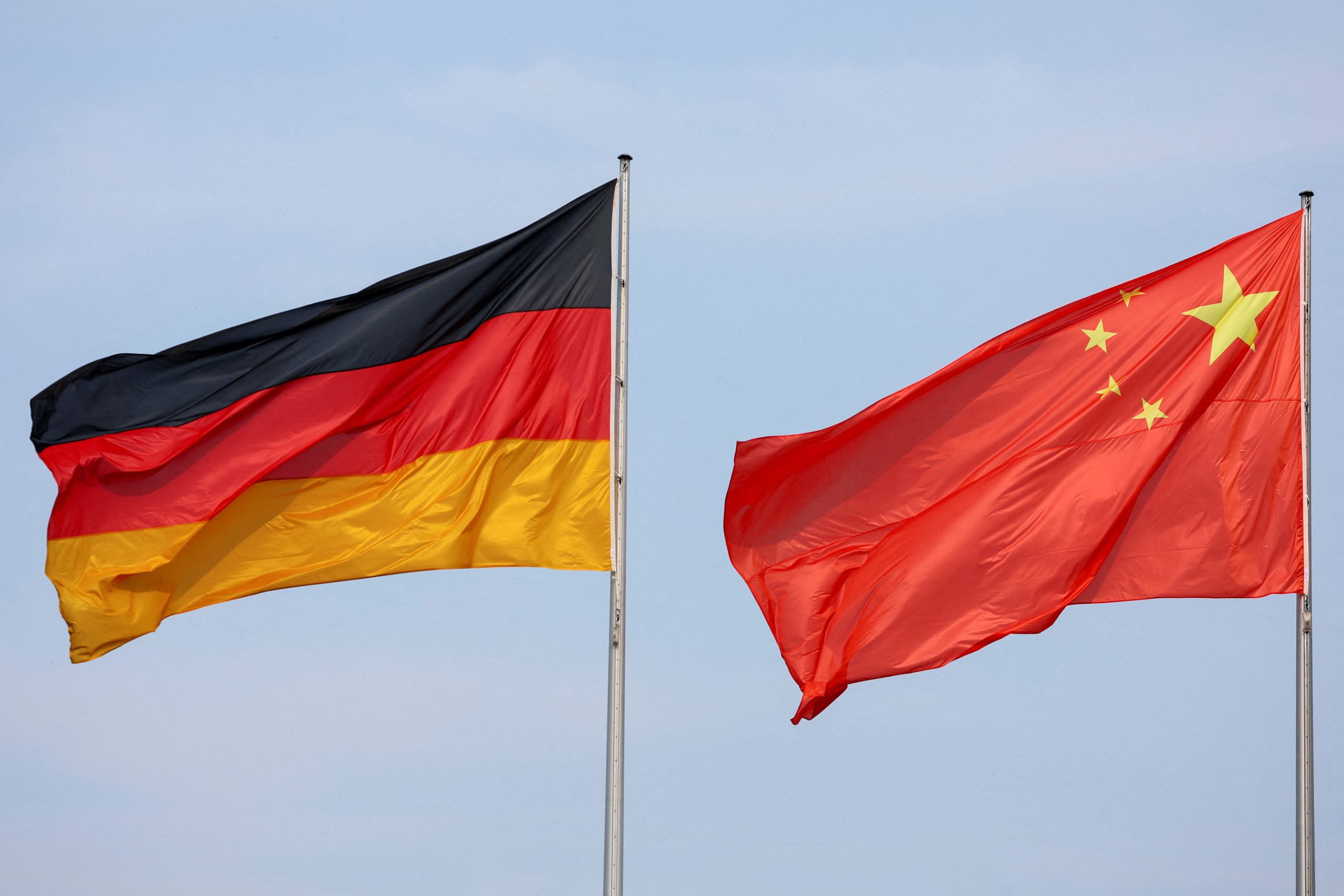European Observatory to Combat Radicalization – EOCR
China Finds Friends in Europe’s Far Right
foreignpolicy – A German politician’s ties to a Chinese influence network are part of a pattern across Central and Eastern Europe. This week, a German report from news site T-Online exposed a politician in the far-right Alternative for Germany (AfD) party, Maximilian Krah, as having extensive ties to a Chinese influence network. Krah is the AfD’s top candidate in next year’s European Parliament elections, running on the party’s Euroskeptic, anti-immigration, and nationalist platform. He is also a longtime defender of Beijing.
According to the report, several people working closely with Krah received funding from China. His longtime assistant seems to have links to both Chinese dissident groups in Germany and to Beijing—which looks suspiciously like an attempt to infiltrate and report on those movements. Krah denies the report, saying it is “without any proof,” and it seems unlikely to affect his support base.
Krah is hardly the only AfD leader with ties to China, with several other party politicians traveling to the country in the last year at Beijing’s invitation. The far-right party has positioned itself in opposition to Germany’s turn against China, which has come in response to state-sponsored atrocities in Xinjiang and Chinese support for Russia during the war in Ukraine. (Negative sentiment toward China is also on the rise among the German public.)
It’s worth noting that the AfD shares its pro-autocrat attitude with some far-left movements in Germany. But the party’s affinity for Beijing follows a clear pattern across Central and Eastern Europe’s far right, both because of China’s willingness to get out its checkbook and from far-right parties’ general friendliness with Russia, China’s de facto ally. With Beijing increasingly seen as a foe in both Washington and—to a lesser degree—Brussels, parties that defy U.S. and EU influence skew toward the Chinese line.
Hungarian Prime Minister Viktor Orban’s government remains a friend of Beijing, with the foreign minister recently citing “opportunities rather than risks” of working with China. Serbian President Aleksandar Vucic has kissed the Chinese flag. Former Czech President Milos Zeman, who shifted from the left to the populist right, was so close to Beijing that he appointed Chinese state-linked businessman Ye Jianming as an economic advisor in 2017. Sometimes the focus on individual politicians has backfired on Beijing, leading the political opposition to take up the anti-China cause.
By contrast, far-right parties in Western Europe have a mixed attitude toward China. In France, Marine Le Pen—a leader in the National Rally party—has called for a strategy against China in the Indo-Pacific. Italy under Prime Minister Giorgia Meloni is withdrawing from China’s Belt and Road Initiative. In Britain, an increasingly far-right-leaning Conservative Party also has a strong anti-China faction. (To some degree, that’s a result of affiliation with U.S. conservatism.)
From China’s side, cooperation with the far right in Central and Eastern Europe is not a case of ideological affinity, but rather of opportunism. It’s more about which governments will have Beijing, which has led Chinese officials to pour money into marginal groups. But for years, being courted by China was common among mainstream European politicians, from former British Prime Minister Tony Blair to former German Chancellor Gerhard Schröder.
For the most part, China isn’t doing anything particularly sinister in Europe; it’s playing a game of influence just as other great powers do. Although blackmail and bribery are certainly in China’s intelligence toolkit, most of Beijing’s influence campaign uses the same methods that the United States and other countries do: stroking politicians’ egos, offering them the chance of foreign deals, and sometimes providing them with funding. The difference is in the goals—silencing criticism of China’s human rights abuses—not the tools.
The AfD’s rise thus represents a genuine opportunity for China, which cares about Germany more than it does smaller countries such as Hungary or Serbia. (“They would sacrifice all their interests in the region for a slightly better position in a big German federal state like North-Rhine Westphalia,” one source told analyst Edward Lucas last year.) The danger may be not only Beijing’s allies on the fringes in Europe, but also the growing willingness of centrist parties to partner with those allies for power.




